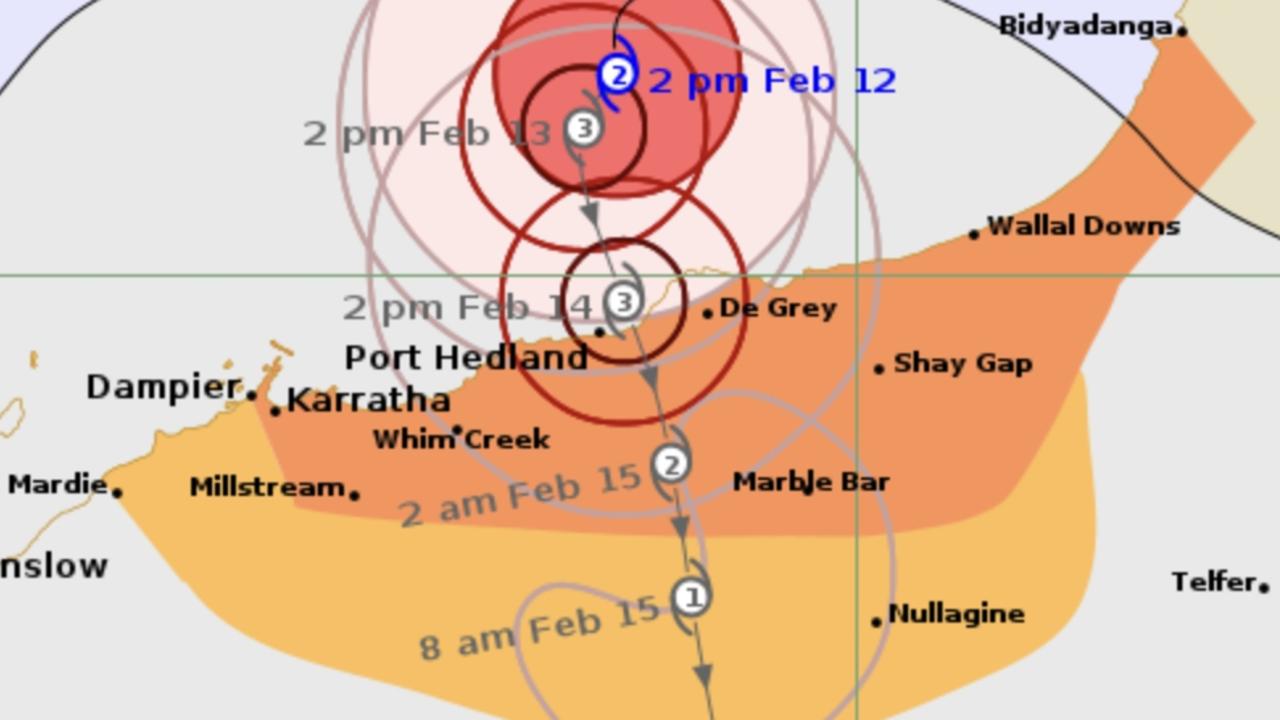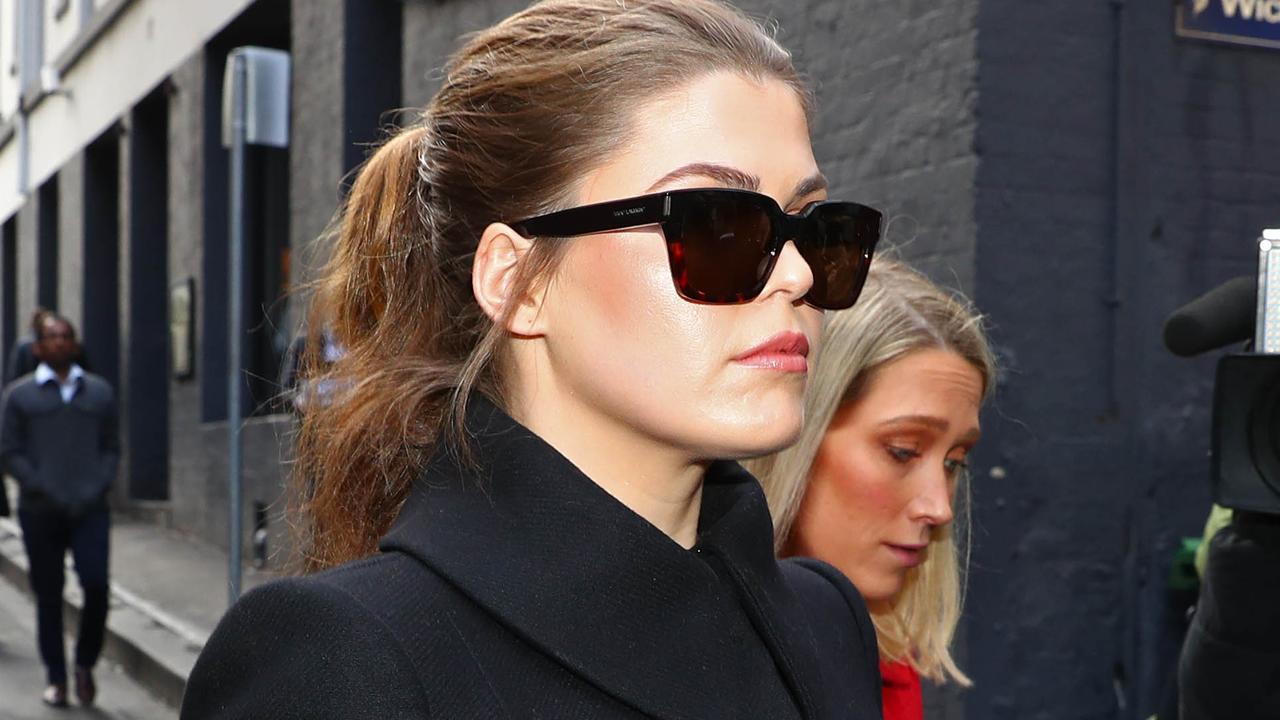MDMA and magic mushrooms to be used to treat Australians with mental health issues
One hundred Australian healthcare professionals will be trained and ready to treat patients with party drugs such as MDMA and magic mushrooms.
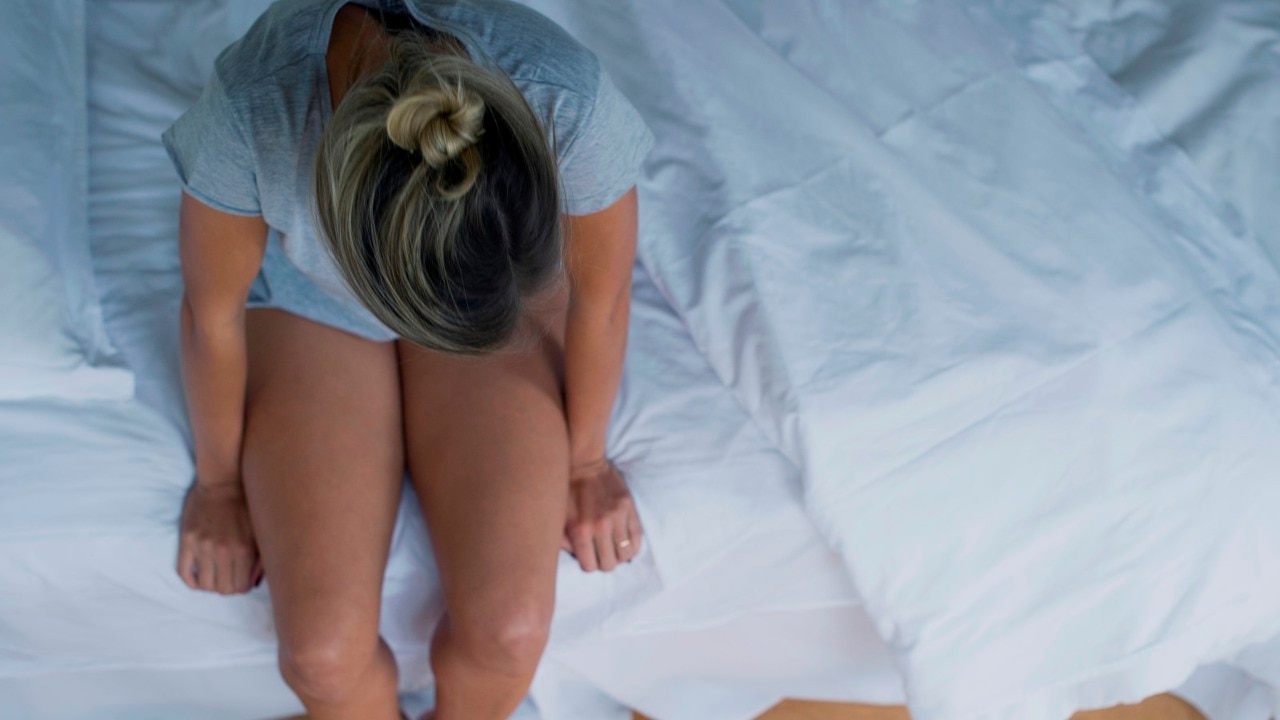
National
Don't miss out on the headlines from National. Followed categories will be added to My News.
Exclusive: One hundred Australian health professionals will be trained to treat patients with PTSD and other mental health conditions with MDMA and magic mushrooms.
Course providers Mind Medicine Australia expect the first patients to be treated include those suffering from PTSD, depression, anxiety, obsessive compulsive disorder, and anorexia.
Participating GP Dr Jamie Rickcord, who has worked in the NSW Northern Rivers for the past eight years, signed up for the $7000 course after finding current approaches to mental health treatment were not producing satisfactory outcomes.
The 90-hour training will take place over four months and has a proposed experiential unit where therapists will be administered with the drugs in a clinically controlled environment.
The course is expected to be start in January 2021 with 50 doctors. nurses and social workers taking part. The second course will run later that year.
“What we’re doing currently isn’t really working, is it? Having spent a decade at the coalface of general practice I can tell you it’s not working and it’s not fun,” Dr Rickcord told News Corp Australia.
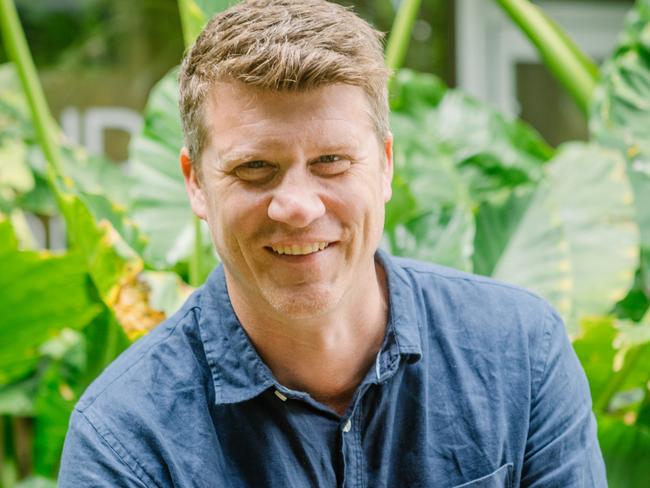
“I do know this will be transformative for a lot of sick people. These are really sick people, people with treatment-resistant depression who might have already had electro-convulsive therapy or people with PTSD who cannot function as human beings. We’re not talking about giving to whoever comes along, we’re going to start with really sick people.”
At present, MDMA (better known by the street name ecstasy) and psilocybin (magic mushrooms) are classified as Schedule 9 “prohibited substances” by the Therapeutic Goods Administration (TGA). However, there is a submission currently before the TGA for MDMA to be downgraded to a Schedule 8 “controlled drug”, which would make it available for use in a controlled therapeutic setting.
An interim decision will be delivered in February.
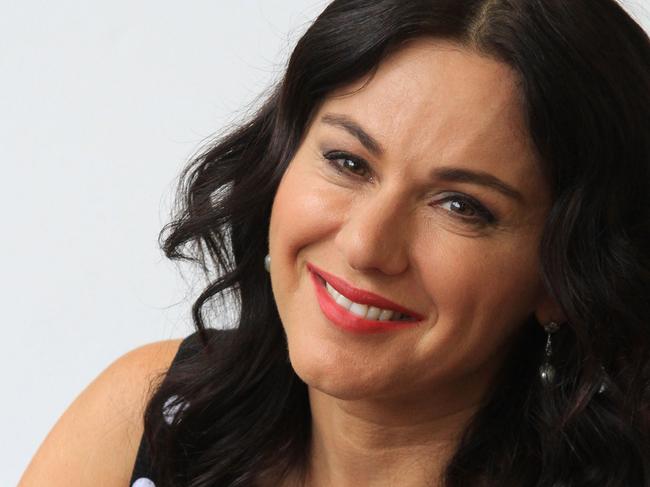
Renowned social entrepreneur and opera singer, Tania de Jong, and investment banker Peter Hunt founded Mind Medicine Australia after their own experience of magic mushroom therapy in a clinic in the Netherlands.
Both participated in the therapy as a treatment for trauma and have been advocating for the legalisation of psychedelic-assisted therapies in Australia since.
“It was one of the most powerful and meaningful experiences of our whole lives. It has had an incredibly lasting effect,” de Jong said.
Proponents claim psychedelic-assisted therapies can produce results in a couple of sessions, akin to what could be achieved in a decade of conventional therapy, and that the drugs are not addictive.
Of the 100 research trials which have been conducted or are currently underway across the globe, some have produced seemingly impressive results. One recent US trial reported 67 per cent of participants treated for PTSD no longer met diagnostic criteria when reviewed a year after MDMA-therapy.
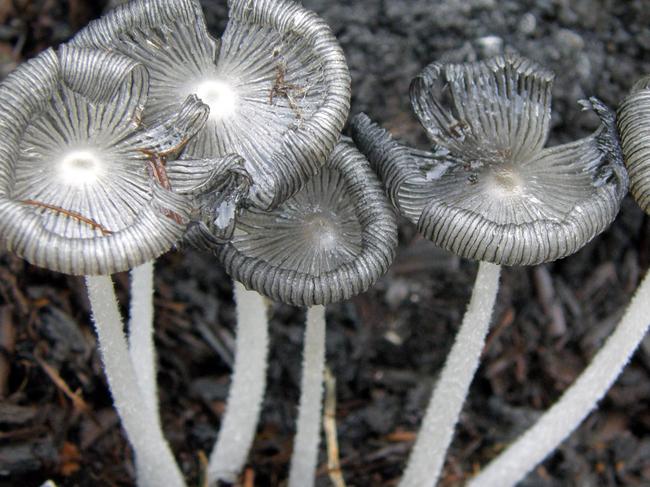
However, leading PTSD researcher, Professor Dr Alexander McFarlane of The University of Adelaide’s Centre for Traumatic Stress Studies believes there has not been enough solid research to support the therapies.
“The early trials do suggest it’s helpful but see the issue is that these drugs are given in the context of very intensive psychotherapy. And the key issue is whether there’s a difference between the psychotherapy with the placebo and without the placebo,” Dr McFarlane said.
“I think what we need is really very well-funded and independently conducted trials.”
Dr Rickcord is careful to clarify he is not advocating recreational use of the drugs.
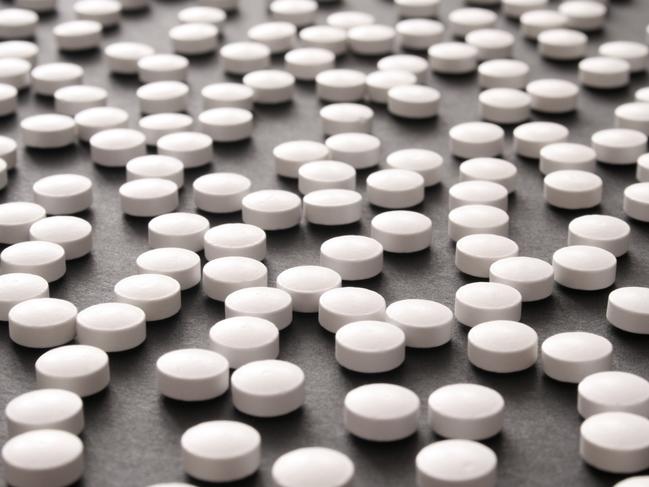
“MDMA is an empathogen so it allows people to access traumatic memory and reprocess it without being re-traumatised. So patients can return to the memories in a held room where they feel connected to the people around them. They can reprocess the memory and have the outcome they want whilst being held by two therapists who are very much there for them,” he said.
“I have a patient who did this abroad and the facilitator whistled a song halfway through the process. It tapped into a childhood memory that he’d forgotten about where his stepfather used to beat him when he whistled or played his guitar … he had completely cut himself off from the memory and he didn’t like music.
“With the whistling he re-accessed that memory, he felt the pain and the hurt and the despair of being treated like that by a stepfather. He processed that emotion and then the therapy was to go and have guitar lessons and learn to sing.”
More Coverage
Originally published as MDMA and magic mushrooms to be used to treat Australians with mental health issues


